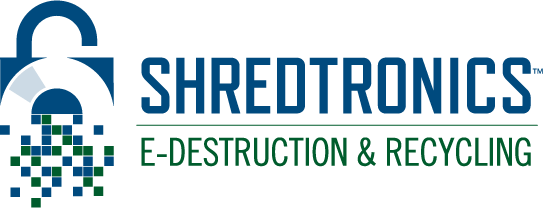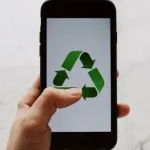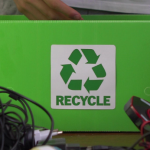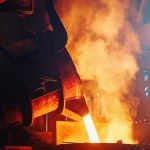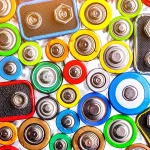Can You Recycle All Electronics?
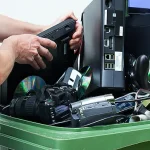
Technology evolves at a rapid speed. Electronic devices have become indispensable parts of our daily lives, from smartphones to laptops. These devices were originally supposed to last 40+ years, but the average lifespan of a new smartphone purchased this year will only be around 2.5 years. But what happens to these gadgets at the end of their lifecycle? Can you recycle all electronics, or are some destined for the landfill? Can You Recycle All Electronics? The short answer is no, you can’t recycle all electronics. While many electronic devices contain valuable materials like copper, gold, and silver, others harbor hazardous substances such as lead, mercury, and cadmium. Improper disposal of these toxic components can destroy the environment and human health. […]
